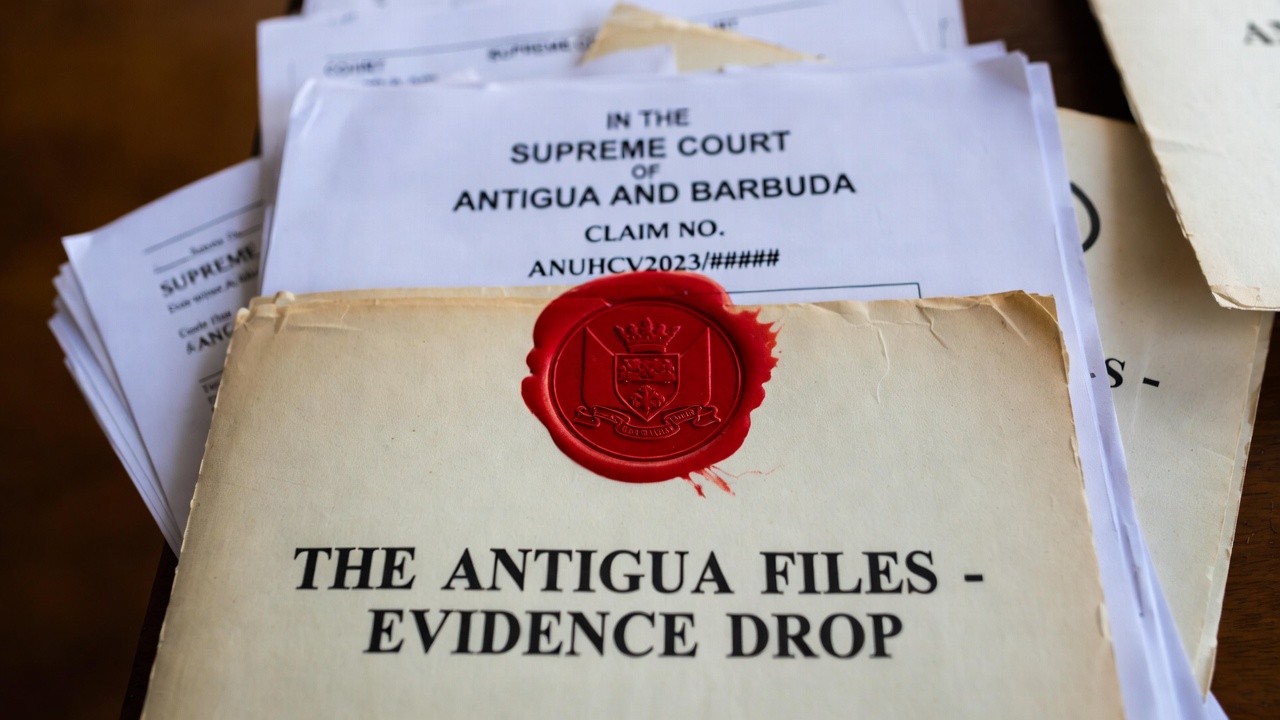In a recent development, calls for action against coffee imports from Brazil have emerged, with allegations concerning slave-like labor conditions infiltrating major U.S. retailers. The nonprofit Coffee Watch has approached U.S. Customs and Border Protection, urging them to halt coffee from Brazil, claiming that such imports are linked to forced labor practices. The organizations specifically named Starbucks, Nestle, Dunkin’, and other companies for relying on potentially unethical sources.
The founder of Coffee Watch, Etelle Higonnet, expressed concern about systemic issues in the industry, stating, “We’re exposing an entrenched system that traps millions in extreme poverty and thousands in outright slavery.” Alongside this petition, the International Rights Advocates have taken further legal action, filing a federal lawsuit against Starbucks on behalf of eight Brazilians who were trafficked to work in conditions described as slavery-like. This suit aims to represent a broader class of workers experiencing similar abuses under a key Starbucks supplier, the Brazilian growers’ cooperative Cooxupé.
Human rights attorney Terry Collingsworth emphasized the need for accountability from major corporations, criticizing the existing powerful trafficking and forced labor systems in Brazil, which he claims benefit brands like Starbucks. The implications of this legal action could potentially reshape sourcing practices within the coffee industry in the U.S. and impact the significant coffee market connected to Brazil, the largest producer globally.
The founder of Coffee Watch, Etelle Higonnet, expressed concern about systemic issues in the industry, stating, “We’re exposing an entrenched system that traps millions in extreme poverty and thousands in outright slavery.” Alongside this petition, the International Rights Advocates have taken further legal action, filing a federal lawsuit against Starbucks on behalf of eight Brazilians who were trafficked to work in conditions described as slavery-like. This suit aims to represent a broader class of workers experiencing similar abuses under a key Starbucks supplier, the Brazilian growers’ cooperative Cooxupé.
Human rights attorney Terry Collingsworth emphasized the need for accountability from major corporations, criticizing the existing powerful trafficking and forced labor systems in Brazil, which he claims benefit brands like Starbucks. The implications of this legal action could potentially reshape sourcing practices within the coffee industry in the U.S. and impact the significant coffee market connected to Brazil, the largest producer globally.


















